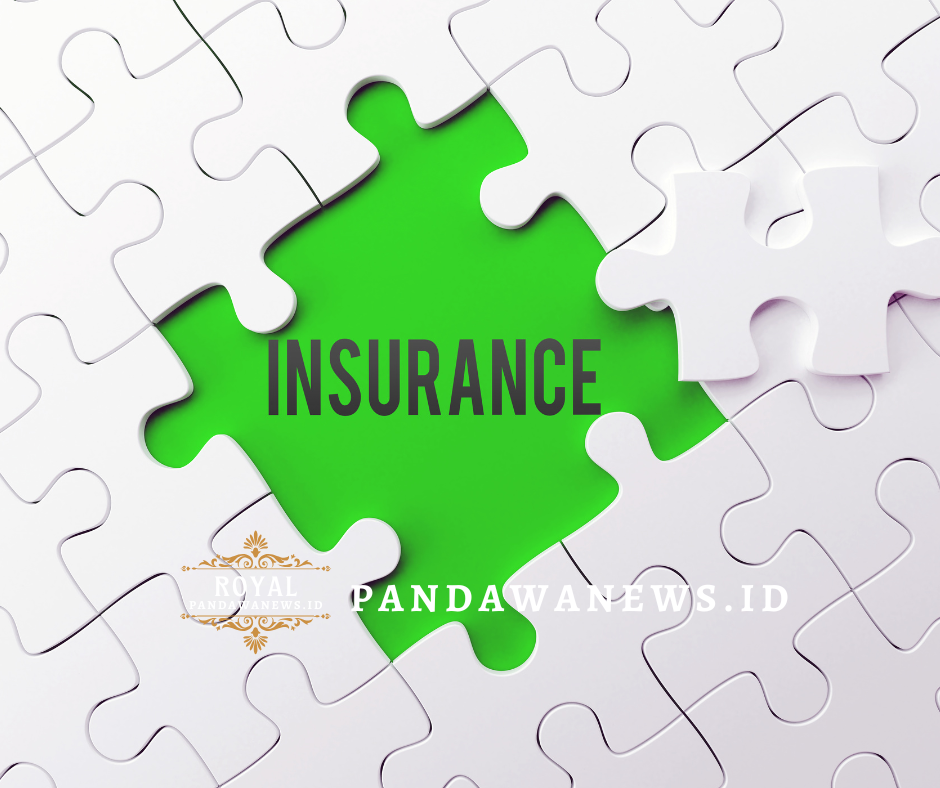Many people believe life insurance is only for parents or older adults. But if you’re young, single, or both, you might be surprised to learn that getting life insurance now can be one of the smartest financial moves you can make.
Iklan Google AdSense
This article breaks down the reasons why life insurance still matters, even if no one depends on you financially—yet.
Common Myth: “I’m Young and Single, So I Don’t Need It”
It’s easy to assume that if you don’t have a spouse, kids, or mortgage, you don’t need life insurance.
Iklan Google AdSense
But here’s the truth:
✅ Life insurance isn’t just about protecting others.
✅ It’s also about locking in low rates while you’re healthy.
✅ And it can be a smart financial tool for your future.
1. You Can Lock in the Cheapest Premiums
Life insurance is cheapest when you’re young and healthy. That’s because:
-
Lower risk = lower monthly premiums
-
You can qualify without medical issues
-
Premiums can stay the same for decades (in term life)
Example: A healthy 25-year-old might pay just $15/month for a $250,000 term life policy. That same policy might cost $40/month or more at age 40.
2. Protect Your Loved Ones from Debt
Even if you’re single, someone could be responsible for your debts or expenses when you pass away, including:
-
Student loans (especially private loans with co-signers)
-
Credit card debt
-
Funeral and burial costs (which can be $8,000–$15,000)
Life insurance can ensure your parents or family members aren’t financially burdened.
3. You Might Have Future Dependents
You may not have a spouse or kids now—but what about 5 or 10 years from now?
By purchasing a policy early:
-
You lock in lower rates for life
-
You avoid coverage denial due to future health conditions
-
You can convert term policies into permanent ones later
Planning ahead now can save you thousands later.
4. It’s a Financial Safety Net for the Unexpected
If you:
-
Support aging parents
-
Have business obligations or co-signed leases
-
Want to leave a small legacy or charitable gift
Then life insurance can offer peace of mind and protection, even as a single person.
5. Some Policies Build Cash Value
If you opt for whole life or universal life insurance, you can:
-
Grow tax-deferred savings over time
-
Borrow against the policy in the future
-
Use it as a financial safety net or retirement backup
Though these policies are more expensive, they act as both insurance and a long-term financial asset.
6. Employer Coverage Isn’t Always Enough
You might have a small policy through your job—but:
-
It usually ends if you leave the company
-
Coverage amounts are often low ($10K–$50K)
-
You have no control or customization
Buying your own individual policy gives you full ownership and portability.
Comparison: Employer Policy vs. Personal Policy
| Feature | Employer Life Insurance | Personal Life Insurance |
|---|---|---|
| Coverage Amount | Limited | Flexible (you choose) |
| Stays if you change jobs | ❌ No | ✅ Yes |
| Customization | ❌ Limited | ✅ Full Control |
| Builds Cash Value | ❌ No | ✅ If permanent policy |
Real-Life Scenario
Case Study:
Emily is 27, single, and has no kids. She buys a 30-year term life insurance policy for $17/month. At age 35, she is diagnosed with a chronic illness.
Because she already has coverage, her rates stay locked in and her health doesn’t affect the policy.
At 40, she gets married and names her spouse as beneficiary—no new paperwork or exams needed.
Final Thoughts
Even if you’re single and in your 20s or 30s, life insurance is not a waste—it’s an investment in your financial future.
By acting early, you can:
-
Lock in affordable premiums
-
Protect your loved ones from unexpected costs
-
Build a financial safety net as your life changes
💡 Tip: Start with a basic term life policy, then reassess your needs as your life evolves.
Iklan Bersponsor Google










